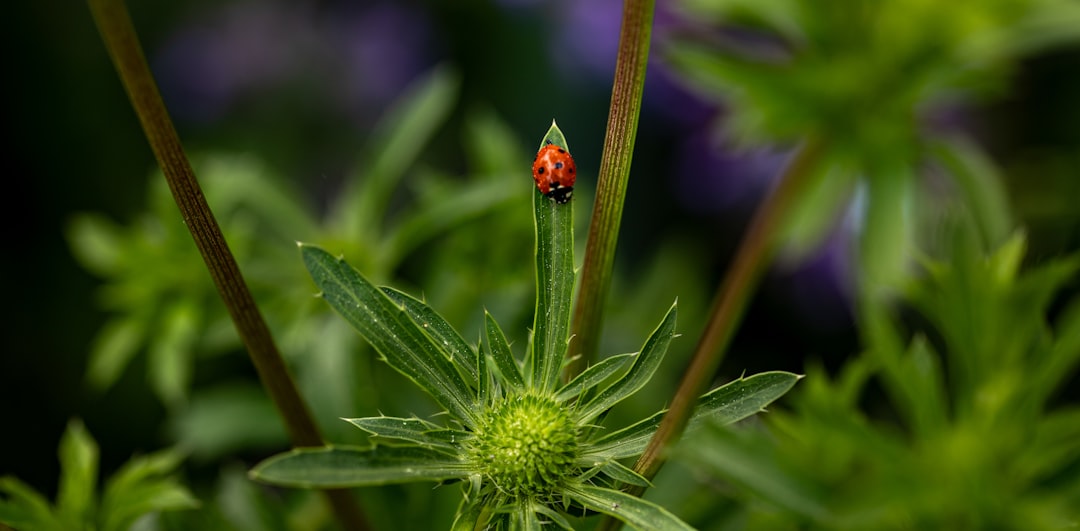Unleash the Magic of DIY Yard Fertilizers

Maintaining a lush and vibrant yard garden doesn't have to break the bank. In fact, you can create effective DIY fertilizers using a few inexpensive or even free ingredients that you might already have lying around your home. These homemade fertilizers not only nourish your plants but also contribute to a more sustainable gardening practice.
One of the most common and easily accessible ingredients for DIY fertilizers is coffee grounds. Coffee grounds are rich in nitrogen, which is essential for plant growth. They also help to improve soil structure and drainage. To use coffee grounds as a fertilizer, simply sprinkle them around the base of your plants or mix them into the soil. You can also make a coffee ground tea by steeping the grounds in water for a few days and then using the liquid to water your plants. This tea is a great way to give your plants an extra boost of nutrients.
Eggshells are another excellent source of calcium, which is important for strong plant cell walls. Crushed eggshells can be added to the soil to provide a slow - release source of this vital nutrient. To prepare eggshells for use as a fertilizer, rinse them thoroughly to remove any egg residue, then let them dry. Once dry, crush them into small pieces and sprinkle them around your plants or mix them into the soil. Eggshells can also be used to deter slugs and snails, as these pests don't like crawling over the sharp edges of the crushed shells.
Banana peels are a treasure trove of potassium, phosphorus, and calcium. These nutrients are crucial for flower and fruit production, as well as overall plant health. You can bury banana peels directly in the soil near your plants or make a banana peel fertilizer tea. To make the tea, chop up the banana peels and place them in a container filled with water. Let the mixture sit for a few days, then strain out the peels and use the liquid to water your plants. The resulting tea is a nutrient - rich solution that will help your plants thrive.
Compost is perhaps the most well - known DIY fertilizer. It is made by decomposing organic materials such as food scraps, leaves, grass clippings, and twigs. Composting is a natural process that enriches the soil with a wide range of nutrients and beneficial microorganisms. To start a compost pile, choose a suitable location in your yard. Layer your organic materials, alternating between green materials (such as food scraps and grass clippings) and brown materials (such as leaves and twigs). Keep the compost pile moist and turn it regularly to speed up the decomposition process. In a few months, you'll have a rich, dark compost that can be used to amend your soil and fertilize your plants.
Manure is another traditional fertilizer that can be used in your yard garden. However, it's important to use well - aged manure to avoid burning your plants. Cow, horse, and chicken manure are all good options. You can purchase aged manure from a garden center or obtain it for free from local farms. Spread the manure over your soil and work it in gently. Manure not only provides nutrients but also improves soil structure and water - holding capacity.
Seaweed is a fantastic source of trace minerals and growth hormones. You can collect seaweed from the beach (make sure it's legal in your area) or purchase dried seaweed from a garden store. To use seaweed as a fertilizer, soak it in water for a few days to make a seaweed tea. Strain the liquid and use it to water your plants. Seaweed tea can also be sprayed on the leaves of your plants as a foliar feed, which allows the plants to absorb nutrients directly through their leaves.
When using DIY fertilizers, it's important to remember that moderation is key. Over - fertilizing can cause more harm than good, leading to excessive growth, poor plant health, and environmental pollution. Start by using small amounts of your homemade fertilizers and observe how your plants respond. You can always adjust the amount based on the needs of your plants.
In conclusion, creating your own DIY fertilizers is a cost - effective and environmentally friendly way to care for your yard garden. By using these simple ingredients that you may already have on hand, you can provide your plants with the nutrients they need to grow strong and healthy. So, roll up your sleeves and start experimenting with these homemade fertilizers to transform your yard into a thriving oasis.